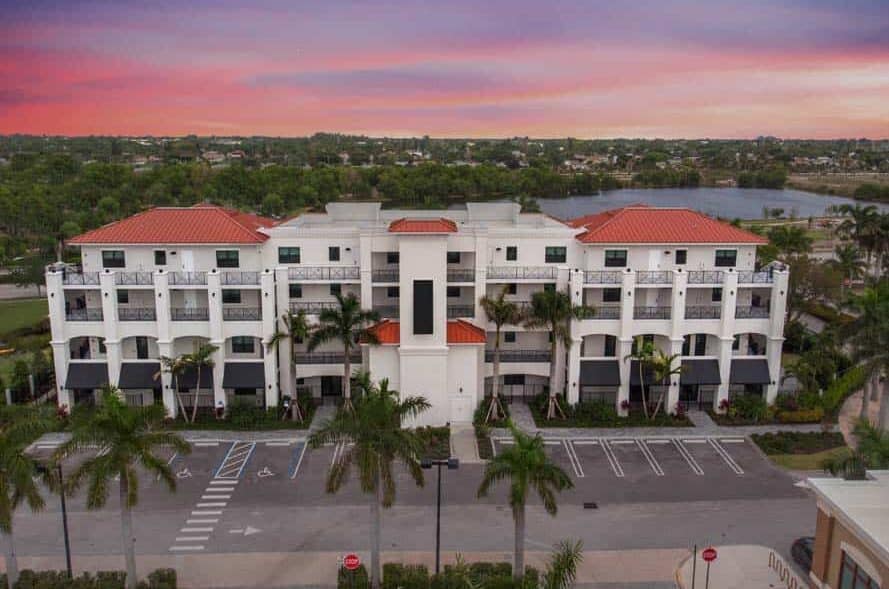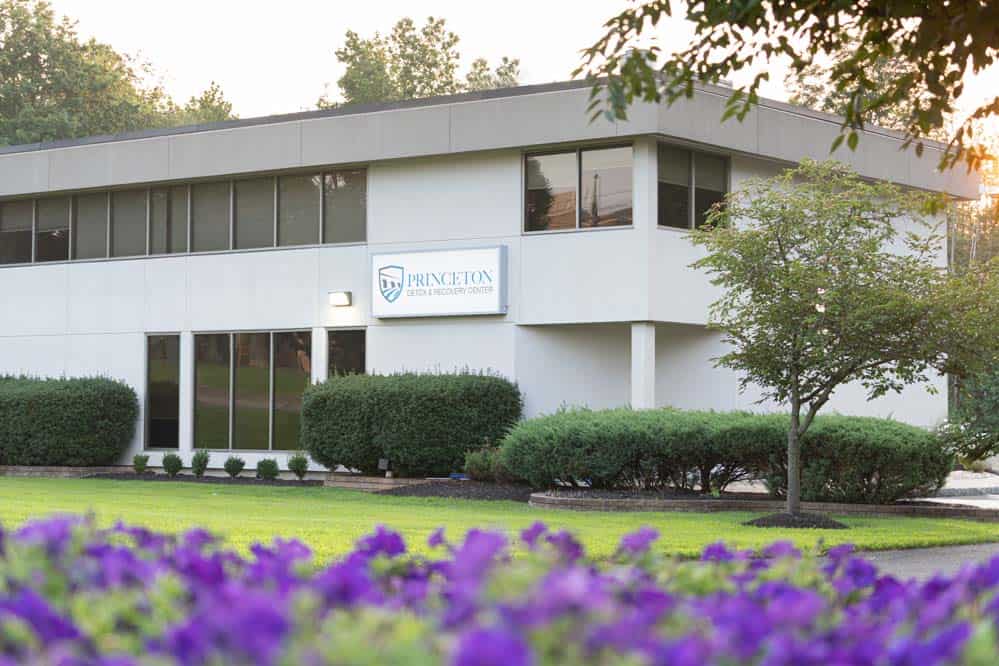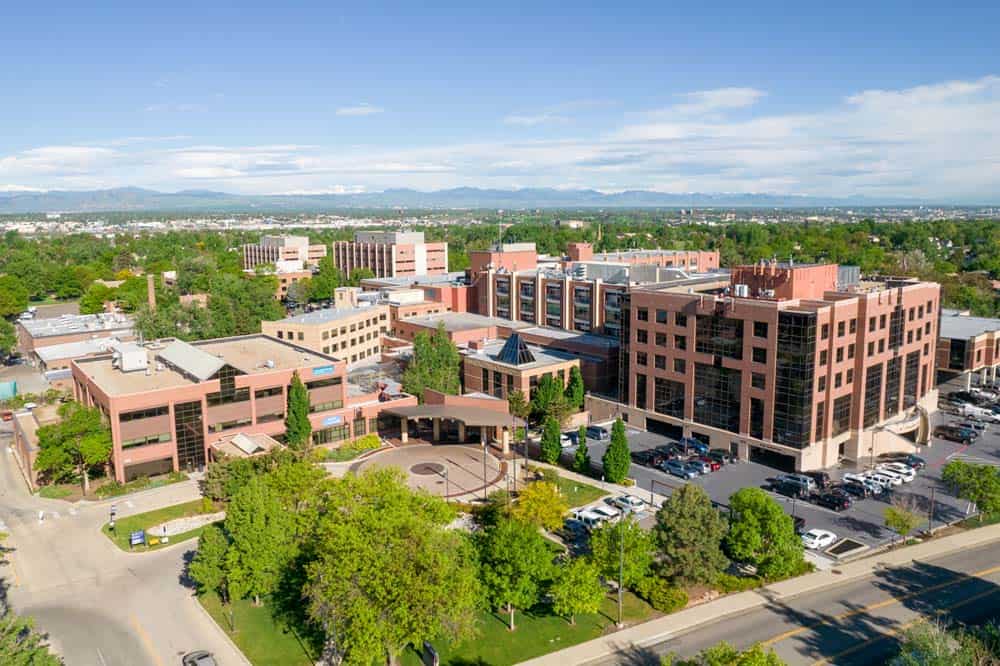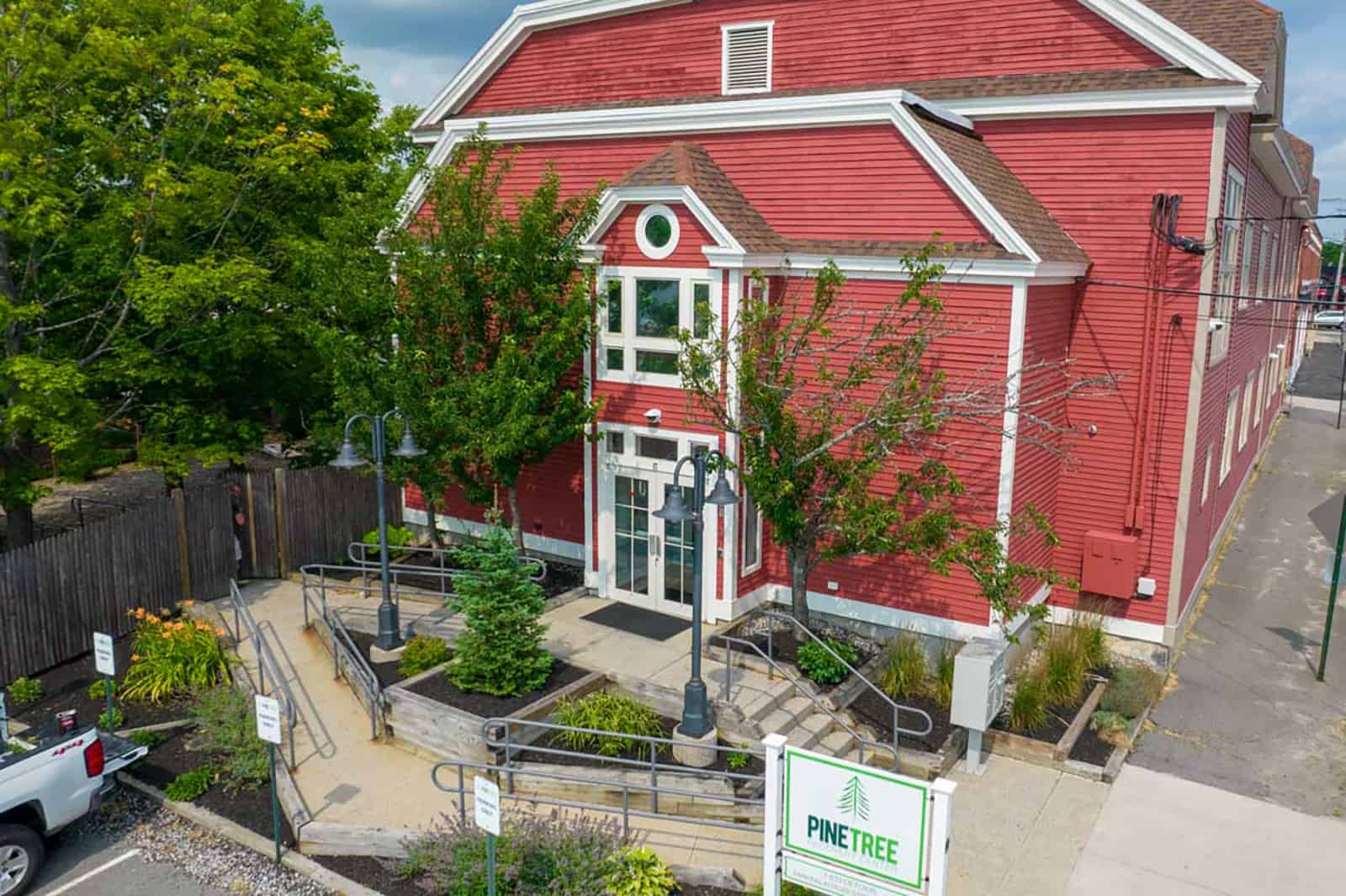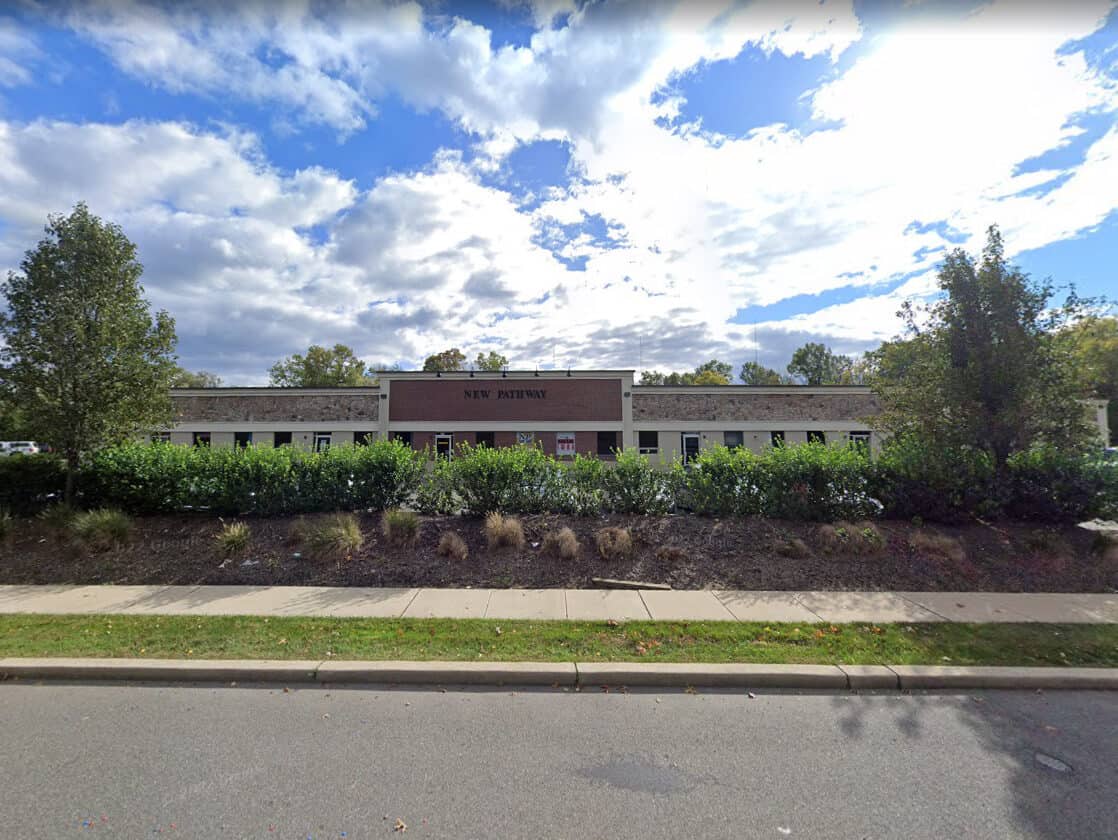Guardian Addiction Treatment Eye Movement Desensitization and Reprocessing
At Guardian Recovery we are dedicated to providing men and women of all ages with the most comprehensive and individualized clinical addiction treatment available. We utilize a wide range of evidence-based approaches, including Eye Movement Desensitization and Reprocessing (more commonly referred to as EMDR). According to the Journal of EMDR Practice and Research (Volume 1, Issue), this therapeutic method was first developed in 1987 to treat men and women who suffered from post-traumatic stress disorder. This is an individual, client-centered therapy that involves rhythmic bilateral stimulation and the use of eye movements to help clients process trauma in a non-verbal manner. Clients focus on traumatic memories very briefly and simultaneously undergo non-invasive eye movement stimulation, which effectively reduces the emotional discomfort associated with the painful memory. While EMDR can be a useful tool for anyone suffering from substance abuse or dependence, it is generally reserved for clients who simultaneously suffer from unresolved trauma.
According to the American Psychological Association, EMDR utilizes an eight-phase approach that always includes:
- Phase 1: Exploring the personal history of each individual client. A licensed EMDR therapist meets with the client and thoroughly goes over his or her personal history with substance abuse and traumatic experiences.
- Phase 2: Preparing the client for the remainder of the treatment process.
- Phase 3: Assessing which traumatic memory is going to be specifically targeted and worked through.
- Phases 4 through 7: Processing this traumatic memory thoroughly, and ultimately working towards some type of adaptive resolution.
- Phase 8: Evaluating the results of the treatment process for efficacy, and determining whether or not additional EMDR sessions are necessary.
Processing the traumatic memory is a phase that can be further broken down into several distinct stages, including:
- Desensitization – The client focuses on the traumatic memory while he or she engages in specific eye movements. As the client is experiencing this stage of EMDR he or she verbally reports to the therapist what he or she is experiencing on an emotional level. This stage of treatment lasts until the client can focus on the memory without feeling emotionally distressed or triggered.
- Installation – This stage of the treatment process helps clients change the ways in which they perceive past trauma, focusing on positive and self-serving patterns of thinking.
- Body scanning – The therapist encourages the client to pay close attention to the way he or she is feeling (physically) during this stage of the treatment process. If the client reports any lingering feelings of physical discomfort, desensitization and installation will continue until residual somatic distress has been entirely resolved.
- Closure – If the therapist believes that the traumatic memory was not entirely worked through, the client is instructed on how to stay safe and sober until the next session.
The Benefits of EMDR
There are a number of benefits that go hand-in-hand with EMDR therapy as part of a comprehensive addiction treatment plan. These benefits include:- Providing clients with a safe and non-invasive method of trauma recovery
- Helping alleviate the more disruptive symptoms associated with unresolved trauma, including flashbacks, recurrent nightmares and the avoidance of potential triggers
- Effectively alleviating the physical and psychological symptoms associated with substance abuse and post-traumatic stress disorder
- Alleviating the stress that goes hand-in-hand with painful memories
- Helping clients identify and work through potential triggers
- Bolstering a sense of self-esteem and helping clients develop a vital sense of self-efficacy
Our Therapeutic Services
EMDR is a highly effective and research-backed therapeutic method, but on its own it is not a solution for substance abuse and dependence. In order to be truly effective, EMDR must be combined with a range of other therapeutic services. At Guardian Recovery we combine a variety of evidence-based methodologies, including:
- Cognitive Behavioral Therapy (CBT)
- Dialectical Behavioral Therapy (DBT)
- Motivational Interviewing (MI)
- Individual therapy
- Group therapy
- Family therapy and family workshops
- Experiential therapy
- Holistic therapies
In order to be truly effective, behavioral therapies must be coupled with 12-step program immersion, psychiatric services and medication assisted treatment (whenever necessary). At Guardian Recovery we remain dedicated to providing our clients with the most integrated clinical care available.
A Comprehensive Program of Clinical Care
At Guardian Recovery we offer a range of clinical services for men and women of all ages who have been suffering from substance abuse and mental health concerns. Our demographic-specific programs vary in intensity, though they all provide clients with the same comprehensive and individualized care. The levels of care we offer include:
- Medically monitored detox
- Inpatient (or residential) treatment
- Partial hospitalization (PHP)
- Intensive outpatient treatment (IOP)
- Thorough and personalized aftercare planning
If you are unsure which level of care best suits your personal needs — or the needs of your loved one — contact u today. Our clinical team will provide a brief evaluation over the phone, ultimately determining which program is the right fit.
Our Simple Admissions Process
At Guardian Recovery we have developed an admissions process that is simple and straightforward from start to finish. We understand that when it comes to seeking professional treatment there is often a small window of willingness to work with. By walking you through the process every step of the way, we help you or your loved one take advantage of this willingness and enter into a long-term program of clinical care as quickly as possible.
The moment you or your loved one calls us, our team of dedicated professionals sets to work developing a plan for intake. This begins with a brief pre-assessment, which can be conducted over the phone in a matter of minutes. The pre-assessment includes a series of questions like, “How long have you been using or abusing chemical substances?” “Have you ever received treatment for your substance abuse issues in the past?” “Have you ever been diagnosed with a mental health condition like depression, anxiety or bipolar disorder?” This series of questions helps our clinical team determine which level of care is the most appropriate and which therapeutic services will be the most beneficial for each unique case.
Next we help you or your loved one figure out the most viable coverage option. Because we aim to make treatment as accessible as possible, we work with most major regional and national health insurance providers. If you or your loved one is currently uninsured or underinsured, we offer a range of additional coverage options including private pay and self-pay. Finally, we set a date and a time for intake and help arrange transportation.
If you or someone you love has been struggling with substance abuse and mental health, recovery is possible. Contact us today to learn more about the therapeutic services we provide or to begin your own personal journey of long-term healing.
Get Started Now
Give us a call 24/7


